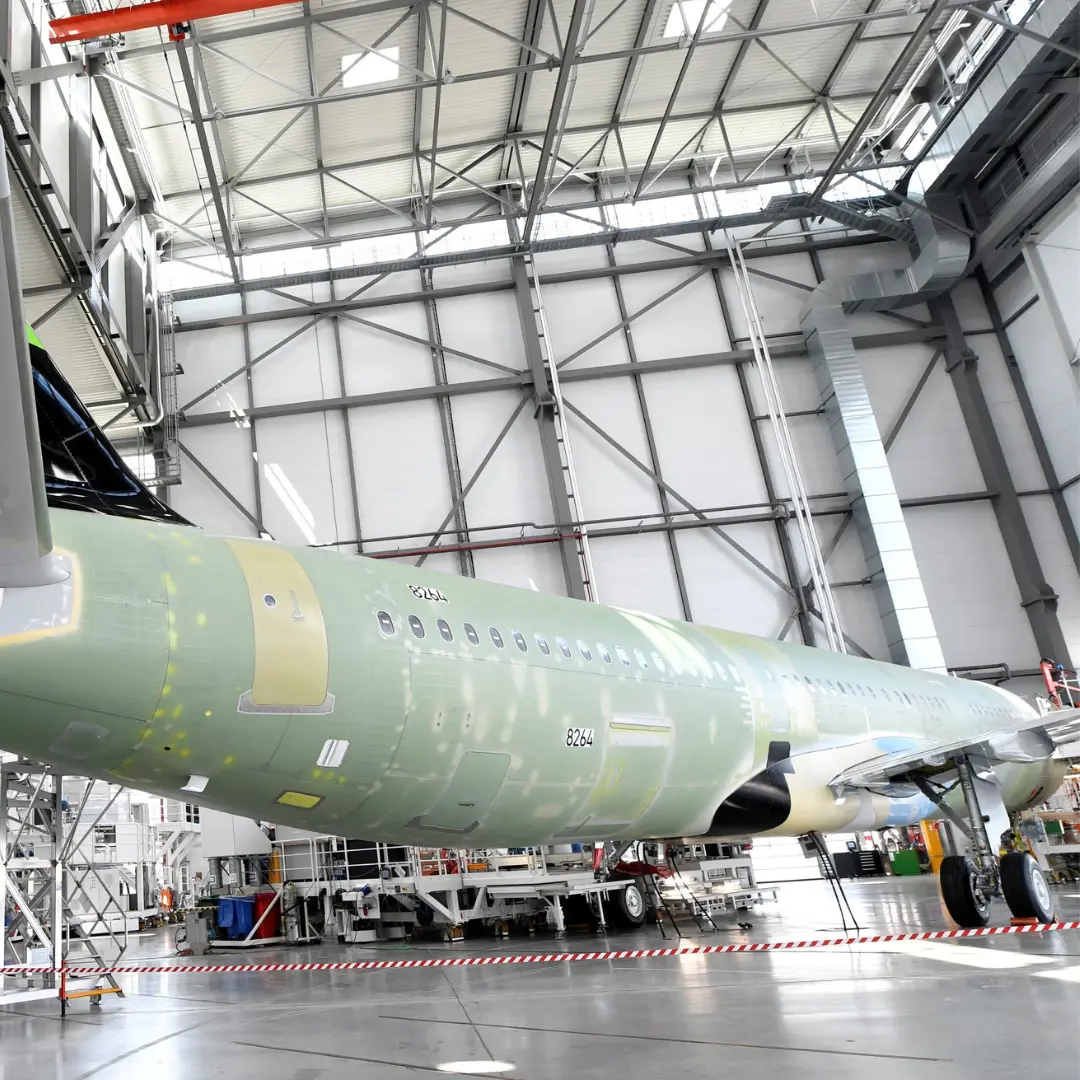The European Union aviation regulator’s decision to allow the Federal Aviation Administration (FAA) to participate in observing its aircraft audits marks a significant step towards enhancing collaboration and regulatory supervision between the two entities. This move reflects a commitment to ensuring aviation safety and regulatory compliance on a global scale.
Aviation safety is paramount, and regulatory oversight plays a crucial role in ensuring that airlines and aircraft operators adhere to stringent safety standards. By allowing the FAA to observe its aircraft audits, the EU aviation regulator demonstrates a willingness to share best practices, exchange information, and enhance regulatory harmonization between jurisdictions.
Collaboration between aviation regulators is essential in today’s interconnected world, where airlines operate across borders and regulatory requirements may vary between jurisdictions. By working together, regulators can streamline processes, reduce duplication of efforts, and ensure a consistent approach to safety oversight.
The decision to allow the FAA to observe aircraft audits is particularly significant given the FAA’s reputation as a leading aviation regulator with extensive experience and expertise in safety oversight. By leveraging the FAA’s knowledge and resources, the EU aviation regulator can strengthen its own oversight capabilities and enhance the effectiveness of its audit processes.
Furthermore, this collaboration facilitates greater transparency and accountability in the regulatory process. By allowing external observers to participate in aircraft audits, regulators demonstrate a commitment to openness and accountability, reassuring stakeholders and the traveling public that safety remains the top priority.
Enhanced collaboration between aviation regulators also benefits industry stakeholders, including airlines, aircraft manufacturers, and maintenance organizations. A harmonized approach to regulatory oversight reduces compliance burdens and administrative costs for industry participants, while also promoting a level playing field and ensuring fair competition in the global aviation market.
Overall, the EU aviation regulator’s decision to allow the FAA to observe aircraft audits represents a positive development for aviation safety and regulatory supervision. By fostering greater collaboration between regulators, this initiative strengthens the global aviation safety framework, enhances transparency and accountability, and promotes a culture of continuous improvement in safety oversight practices. As aviation continues to evolve and expand, collaboration between regulators will remain essential to ensuring the highest standards of safety and reliability for passengers and industry stakeholders alike.









